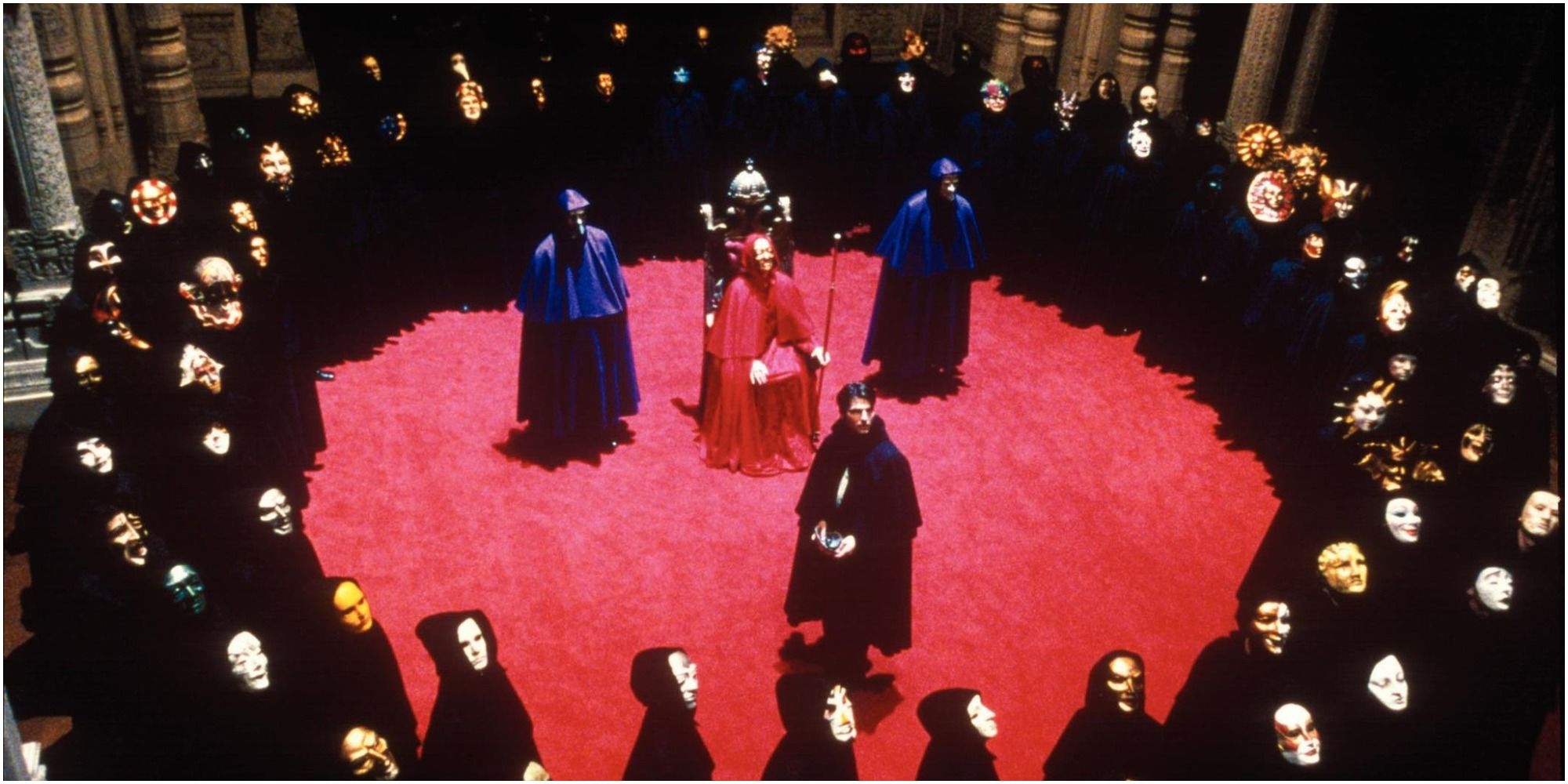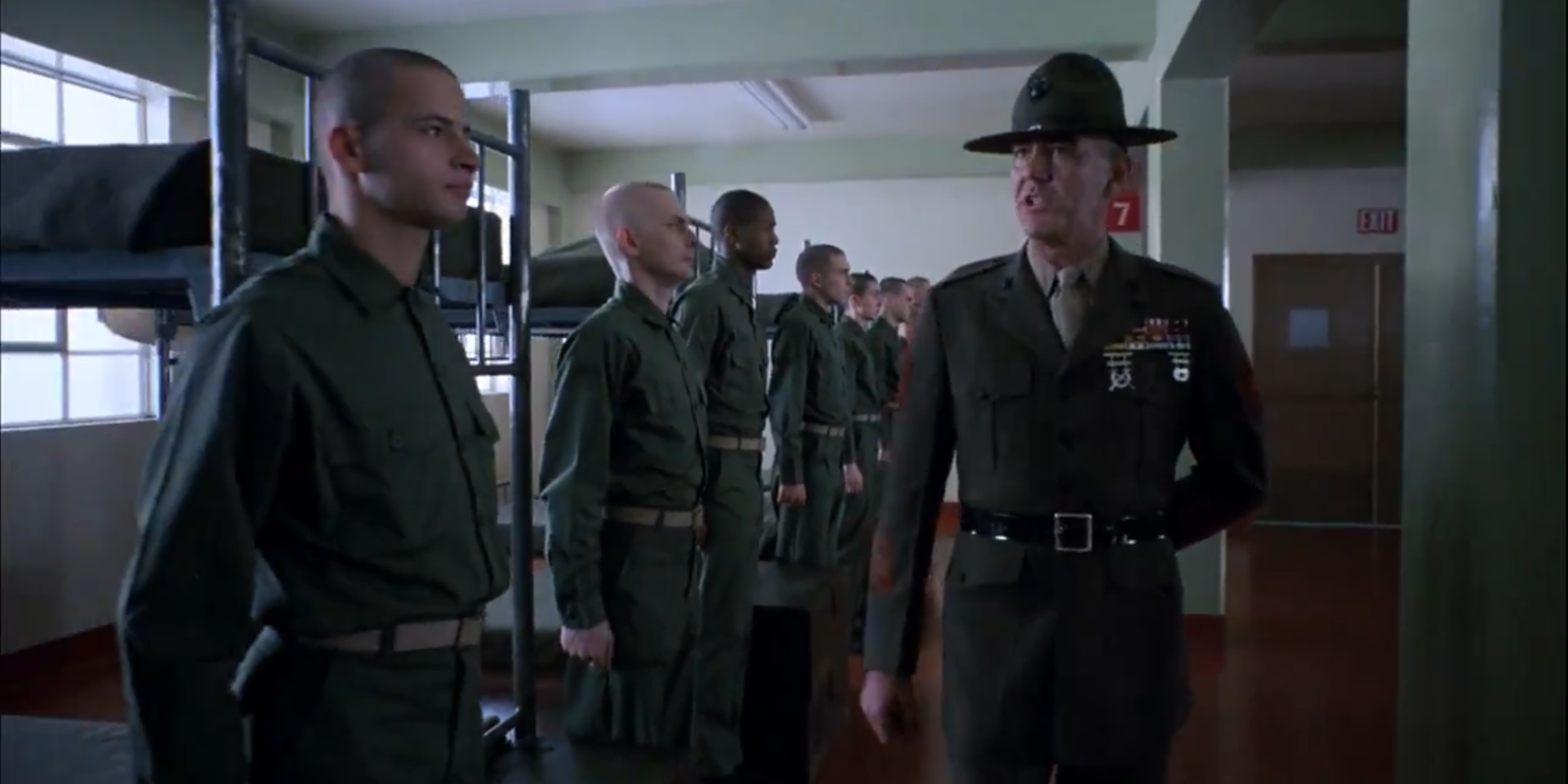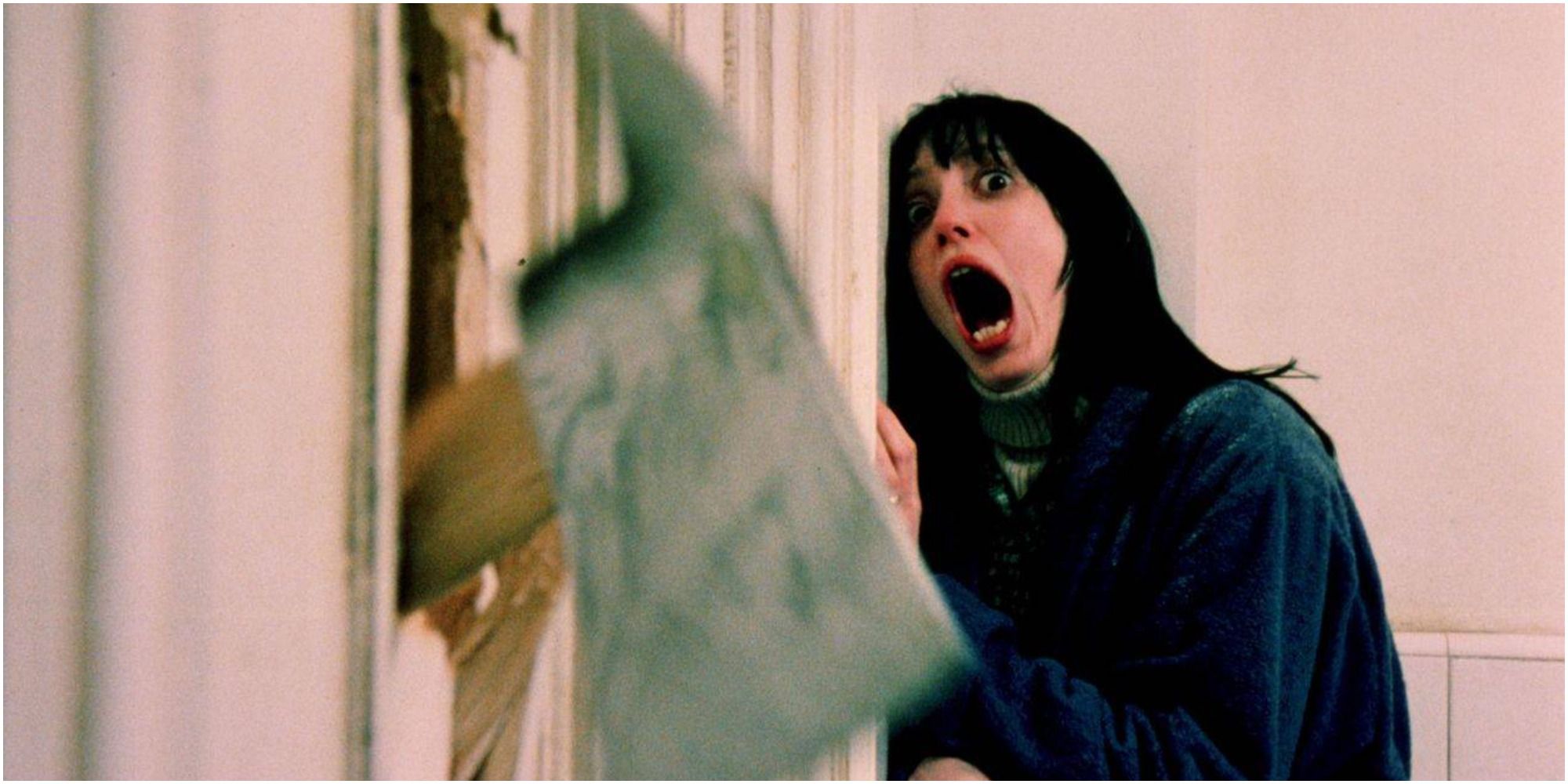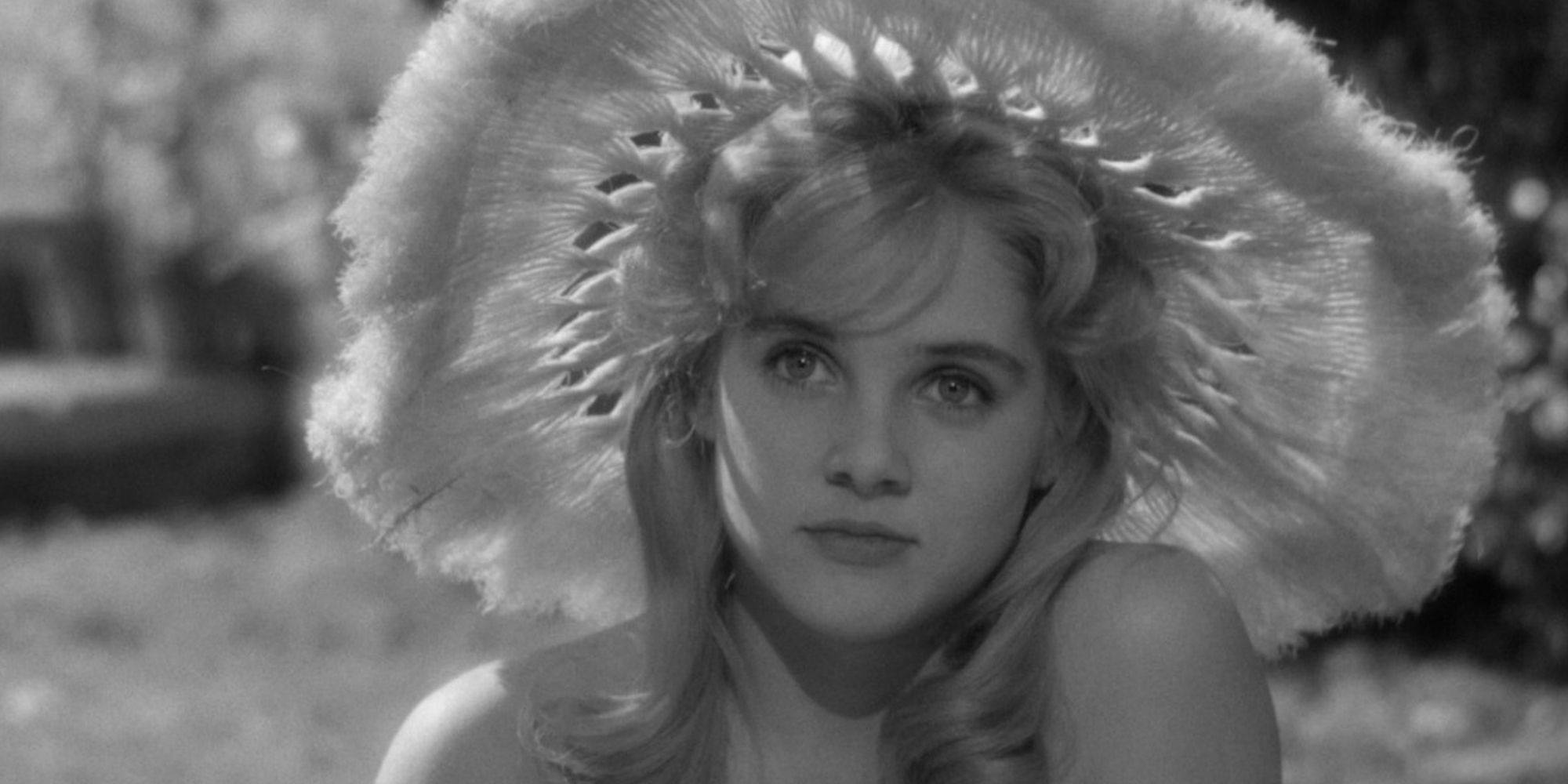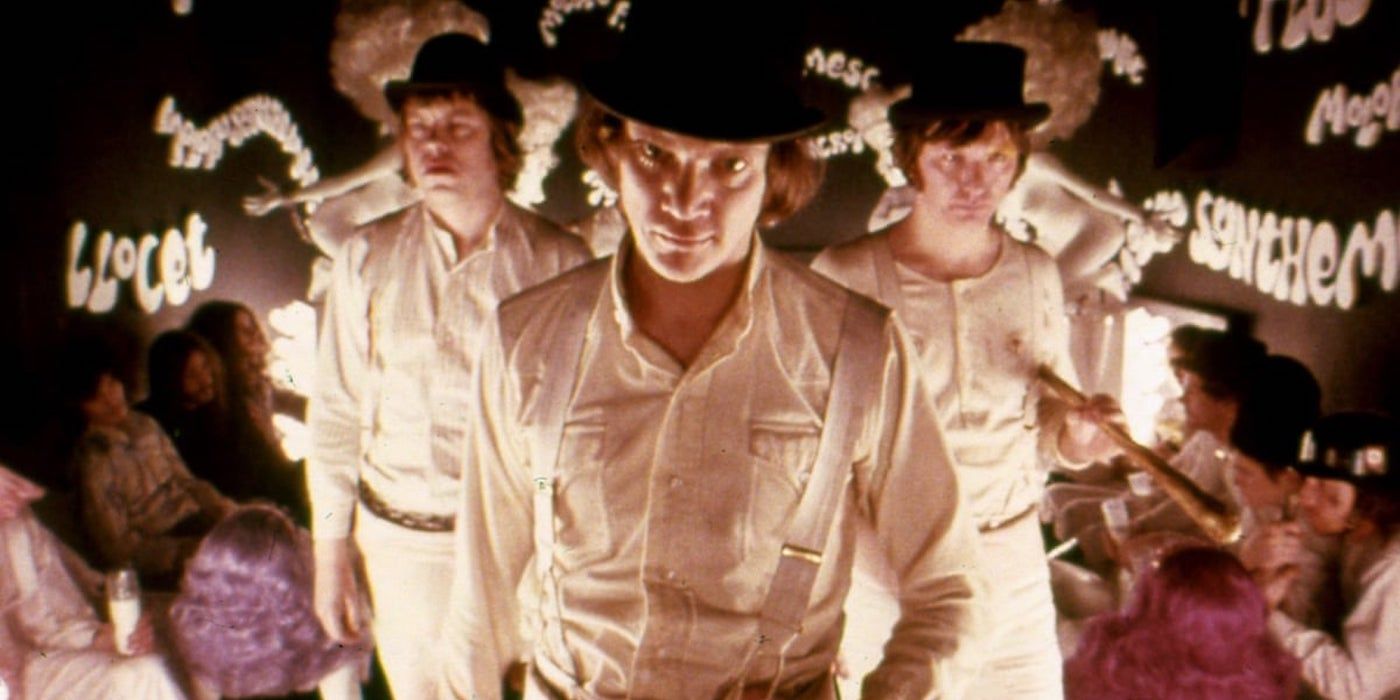Stanley Kubrick made only 13 feature films during his career as a filmmaker, but almost all of them were fantastic. He earned his reputation for being one of the greatest filmmakers of all time because of how visually striking his films were, the fantastic performances he could get from his actors, and the fact he mastered a variety of genres throughout his small but remarkably consistent filmography.
Not only could he make great movies, but he was also willing to push many boundaries, too. As the years have gone on, many of the controversies surrounding his films at the time of their release have faded, but some remain standing as challenging and daring films by today's standards. The following eight films - for a range of reasons - were or are controversial, and are ranked (roughly) from least scandalous to most provocative.
8. Spartacus (1960)
Stanley Kubrick's epic film Spartacus might not be controversial in the traditional sense, but it was in several (admittedly minor ways). First and foremost was the fact that this three-hour film about a former slave leading a revolution against the Roman Empire was the only time Kubrick wasn't in full creative control, due to the size and scale of the production.
The fact the director looked back on the film unfavorably stands out, as does the fact that it was (for its time) surprisingly violent and adult in its content, with the National Legion of Decency objecting to some of the villain's sexually charged dialogue. Also notable: it was written by Dalton Trumbo, a screenwriter who was blacklisted in Hollywood for some time, due to having Communist ties. Small factors that were controversial at the time and not so much nowadays, sure, but they're still worth noting.
7. Dr. Strangelove or: How I Learned to Stop Worrying and Love the Bomb (1964)
Dr. Strangleove or: How I Learned to Stop Worrying and Love the Bomb still holds power today as a funny yet incredibly nihilistic film about Cold War tensions, and the way nuclear bombs could essentially decimate the world at any moment if used in any sort of warfare.
It's a classic without a doubt, and beloved today as one of Kubrick's very best films, and did receive appreciation at the time, racking up several Academy Award nominations. But it stands out for ending in a remarkably downbeat way - for the standards of the decade it was released during - and it truly is one of the most depressing, grim comedies of all time because of how it ultimately concludes. For pulling no punches, likely shocking audiences in its day, and still proving unnerving and thought-provoking today, it certainly stands as boundary-pushing and potentially controversial.
6. 2001: A Space Odyssey (1968)
2001: A Space Odyssey is one of the most iconic science-fiction films of all time; even that might be an understatement. Split into several loosely connected chapters, the film explores evolution, space travel, humanity's reliance on technology, rogue AI, and what unexplainable, mysterious things the future may hold for the human race.
Controversy wise? It is surprisingly baffling and difficult for such a famous, popular film. 50 years on, it still has the power to confuse, baffle, or maybe even bore certain viewers, thanks to its notoriously patient pacing and unwillingness to give clear answers to everything. There is also the fact that it led to the outlandish conspiracy theory that NASA hired Kubrick to film a fake moon landing in 1969, due to how believably he depicted fictional space exploration in 2001: A Space Odyssey... but honestly, the less said about those kinds of theories the better.
5. Eyes Wide Shut (1999)
Eyes Wide Shut ensured Kubrick went out with a bang, as it was the last film he directed before his death in 1999, passing away several months before the film was released. It features a mysterious and often eerie plot about a couple's rocky marriage, and the husband's discovery of a strange secret society filled with individuals wearing Venetian masks.
It garnered a lot of press for featuring two of the biggest movie stars of the time - Tom Cruise and Nicole Kidman - playing a married couple whilst themselves being married in real life. It surely attracted numerous moviegoers who might not have otherwise seen such an unusual film, which may have caused bewilderment. It also pushed boundaries when it came to sexual content, especially for a mainstream movie. And, like 2001, there are conspiracy theories attached to it, mainly regarding whether Kubrick himself was trying to hint at a real-life underground society within Hollywood through the film's secret society. All go to show that Kubrick wasn't afraid to provoke, even at the very end of his career.
4. Full Metal Jacket (1987)
Full Metal Jacket was Kubrick's penultimate film, and still holds up today as one of the best war films of all time. It's a film of two distinct halves, with the first focusing on a group of young soldiers being trained at a boot camp with a terrifying, borderline psychotic drill sergeant, and the second showing the warfare experienced by some of the same soldiers in the Vietnam War.
It's this halved approach that makes it a slightly polarizing film, with most of the film's scenes that have been embedded in pop culture coming from the first half. The switch to the second half is jarring, and Kubrick's approach to what's (on the surface) more traditional war movie fare is interesting, but not for everyone.
3. The Shining (1980)
The Shining is undoubtedly an all-time classic within the horror genre. Its story is a familiar but expertly executed one, involving an author going mad within a mysterious and isolated hotel that he stays in with his wife and son during one particularly chilling winter.
Its controversy mostly stems from how much Stephen King - the author of the book the film was based on - disliked Kubrick's vision. It's rare to have an adaptation be so different from the source material, yet at the same time, have both be well regarded. Still, the clash between two artists casts something of a shadow over the film, as do other things like a range of conspiracy theories about the film's supposed hidden meanings, and the fact it was bizarrely nominated for two Razzies, indicating it may have been more divisive at the time of its release.
2. Lolita (1962)
Lolita is a controversial film for obvious reasons. It's based on the infamous novel by Vladimir Nabokov, and depicts a scandalous and shocking story about a middle-aged man who becomes infatuated with a teenage girl.
Even if film censorship ensured it wouldn't be as graphic as the novel, the premise itself is shocking enough, to the point where the film's tagline was even: "How did they ever make a movie of Lolita?" Its subject matter remains uncomfortable today, even with the film making it very clear that the behavior exhibited by the main character is wrong. However the film was made, it was always going to be hugely provocative, and it stands as one of Kubrick's most controversial, more for what it's about than what it directly shows.
1. A Clockwork Orange (1971)
It's no competition, really. A Clockwork Orange stands as Kubrick's most incendiary, out-there, controversial film. It's a wild and disturbing experience, detailing a near-future where crime runs rampant, and correctional facilities employ drastic, experimental techniques to make criminals repulsed by the idea of committing further crime.
Kubrick pulls no punches in showing the depraved behavior of Alex DeLarge and his gang in the film's opening scenes, and similarly doesn't shy away from the brutality employed by the State in their efforts to violently reform Alex after he's arrested. It got an X rating in America, was effectively banned in the UK for about 30 years, allegedly inspired copycat crimes, and angered Gene Kelly, as the title song from Singin' in the Rain was used in a particularly disturbing scene, to name just a few of its numerous controversies. Add to that, its violence and adult content still feel impactful some half a century later. It's a great film, but undoubtedly a challenging and provocative one.

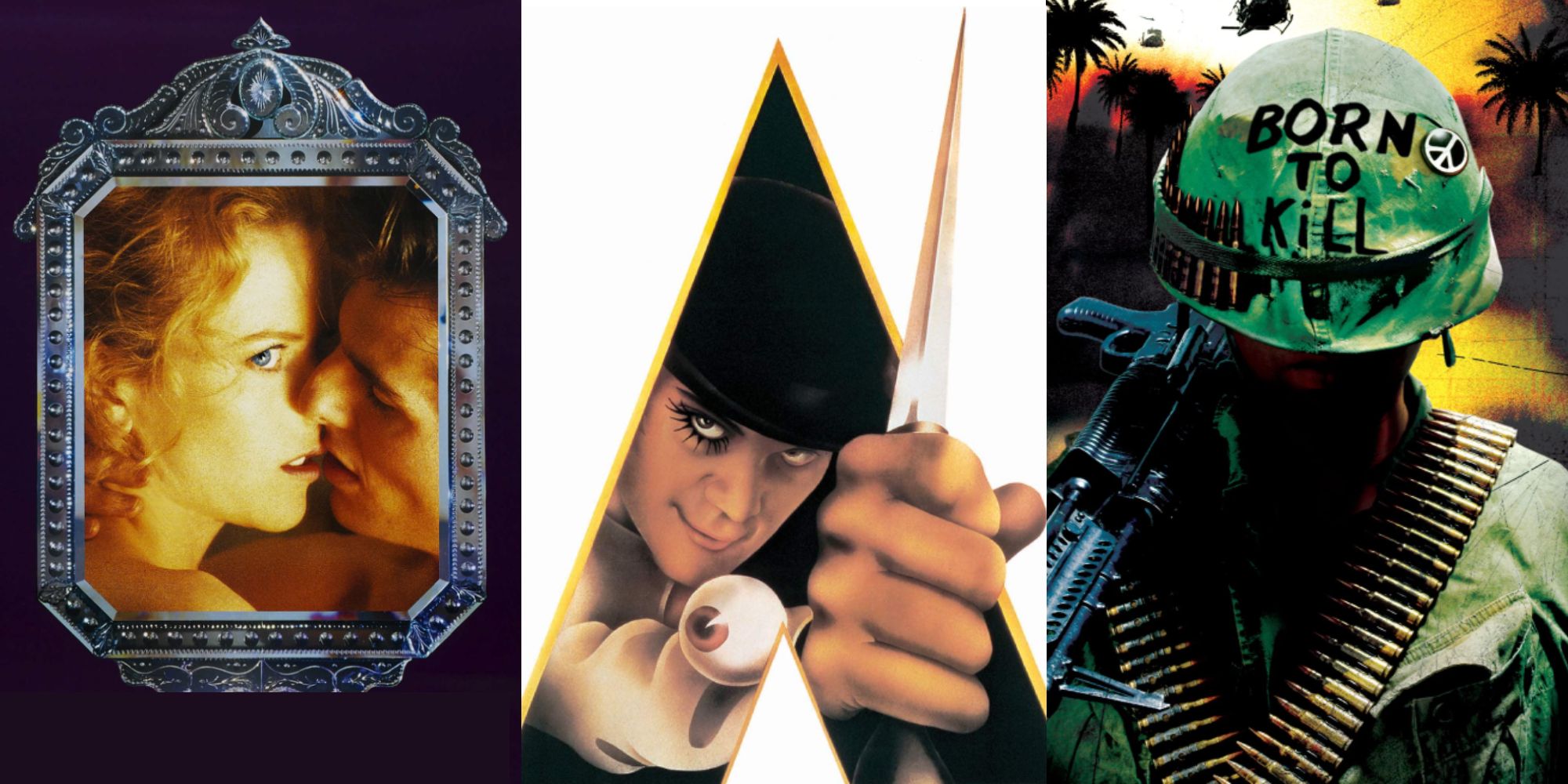
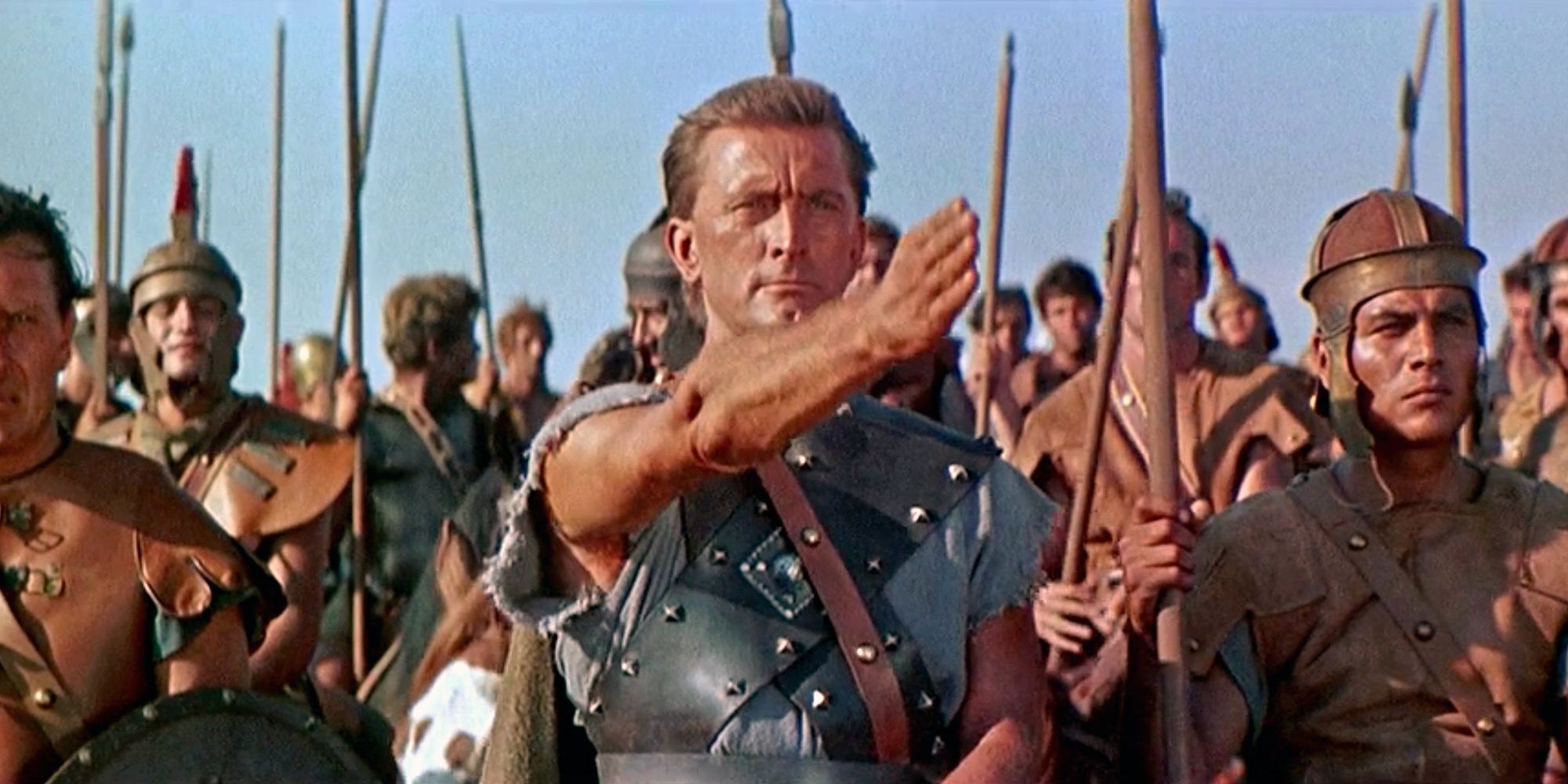
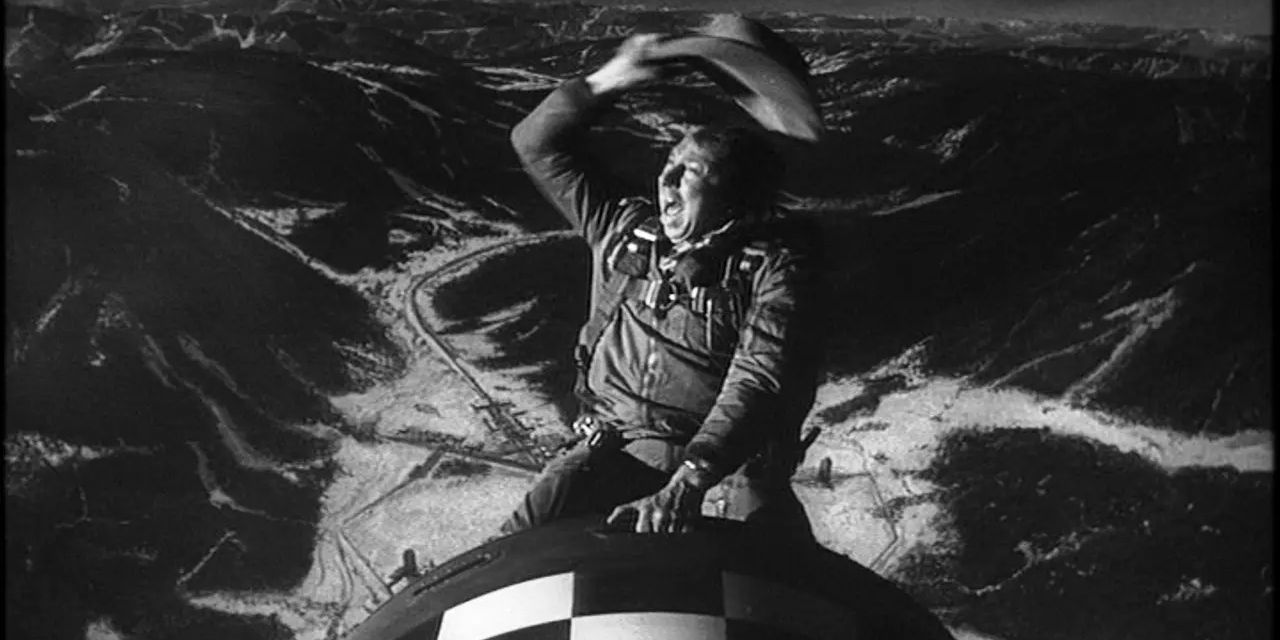
.jpeg)
